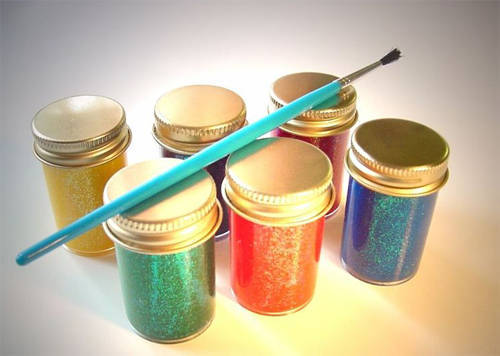Solvent-based paints are produced using organic solvents as dispersion media for film forming materials and have consistently ranked first in the history of paint market development. However, organic solvents will volatilize in a large amount after the film is formed, causing environmental pollution. Most organic solvents are toxic to humans, animals, organisms and even plants. This is a dangerous aspect of solvent-borne coatings. Auto Led Interior Lights,Car Interior Light,Lights For Inside Car,Auto Interior Lights CHANGZHOU CLD AUTO ELECTRICAL CO.,LTD , https://www.cld-leds.com
In addition, after the solvent coating forms a film, a large amount of organic solvent will volatilize, which results in the waste of resources and energy. Assuming that 1 ton of solvent-based paint is 40% solids at construction viscosity, 600 kg of organic solvent will evaporate. According to a rough calculation, 0.42 tons of standard coal is required to produce 1 ton of organic solvent (such as butyl acetate); 0.14 ton of standard coal is required to distill 1 ton of solvent. The production of 600kg of solvent may consume about 0.252 tons of standard coal. For example, all solvents that are distilled from coal chemical products or petroleum cracking products will consume at least about 84kg of standard coal.
Although solvent-based paints have many drawbacks, they are not useless, otherwise they cannot always be ranked first in the paint industry. After long-term development, solvent-based paints have become highly decorative, durable, protective, versatile, and complete. New engineering materials not only play an important role in the development of modern industry and modern defense, but also the development of modern high-tech industries such as information, biochemistry, new materials, aerospace, marine development, renewable energy development, and environmental protection. The development of organic solvents has played a key role in the development of solvent-based coatings.
Under the current environmental protection policy, the advantages of solvent-based coatings are not so obvious. On the contrary, their disadvantages are the most obvious.
Compared to solvent-based coatings, water-based coatings are more environmentally friendly. It is understood that on September 13, the State Council promulgated the "Action Plan for Prevention and Control of Atmospheric Pollution". In this plan, a clear indication was given to the development of the paint industry. The State Council pointed out that the paint industry needs to improve the volatilization of paints, adhesives and other products during development. Limiting standards for organic substances, promoting the use of water-based coatings, and encouraging the production, sale, and use of low-toxicity, low-volatile organic solvents. This is enough to show that at present the state attaches importance to environmental protection and pays attention to waterborne coatings.
Water-based paint is a new kind of environmentally-friendly paint in comparison with traditional paints. The principle of environmental protection is to use water instead of the thinner in traditional paints. Compared with traditional organic solvent coatings, waterborne coatings have the following advantages:
First, it is safer, healthier, and more environmentally friendly. Waterborne wood lacquer is non-flammable, basically odorless, and has low VOC units, which reduces the risk of fire and the incidence of skin diseases.
Second, the paint film has good performance. In addition to all the properties of the traditional paint film, the water-based paint is more resistant to ultraviolet radiation, the color change is less, and the furniture items have a longer life.
Solvent coatings and water-based coatings are currently the two main forces in China's coating market. However, with the increasingly stringent national environmental requirements, the development of solvent-based coatings has been affected. However, the advantages of waterborne coatings in environmental protection are far greater than those of solvent-based coatings. Whether it is in the current or forthcoming environmental protection policies are very popular, therefore, the Chinese paint procurement network Xiaobian believes that in the future coating market. Among them, waterborne coatings will gradually replace the status of solvent-based coatings and become the dominant force in China's paint market.
Waterborne coatings are expected to dominate the market